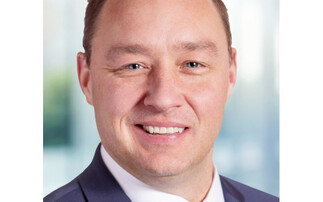It's your responsibility to check that your cloud provider's security is up to snuff, adds panel at CloudSec 2016
Organisations may be able to outsource some of their security workloads, but it's impossible to outsource responsibility or accountability, a panel of experts has warned. Speaking at CloudSec 20...
To continue reading this article...
Join Computing
- Unlimited access to real-time news, analysis and opinion from the technology industry
- Receive important and breaking news in our daily newsletter
- Be the first to hear about our events and awards programmes
- Join live member only interviews with IT leaders at the ‘IT Lounge’; your chance to ask your burning tech questions and have them answered
- Access to the Computing Delta hub providing market intelligence and research
- Receive our members-only newsletter with exclusive opinion pieces from senior IT Leaders






















